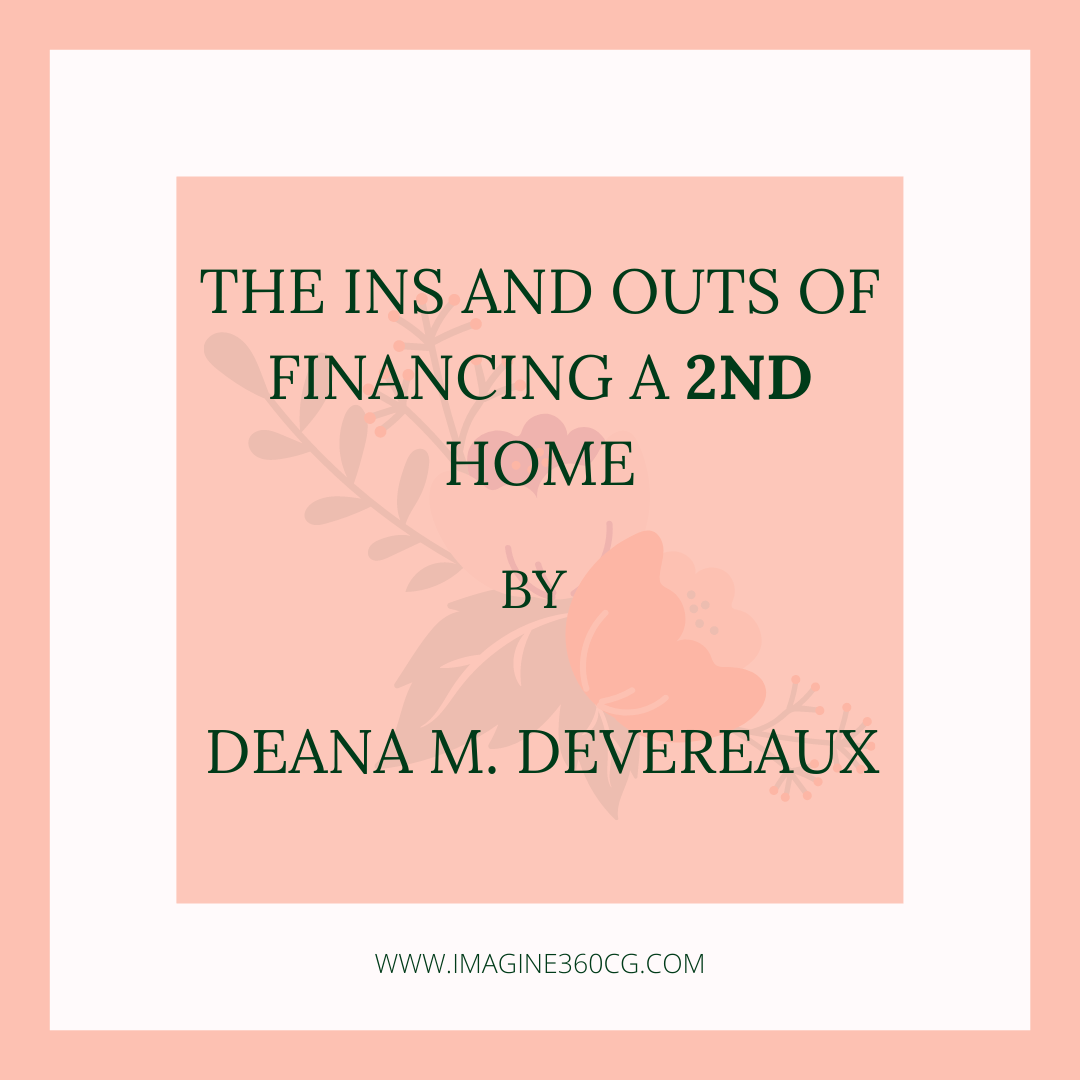Covid-19 and the real estate market: 5 tips to help buyers win in a seller's market
What’s going on in this market:
Over the last year, home prices have risen by over 9%. Why? Classic supply and demand. Interest rates dropped to crazy low levels; they hit 2.65%! In addition to interest rates, COVID forbearance and reduced spending on travel and leisure allowed more first-time home buyers and buyers who were on the fence to enter the market. In fact, 2.38 million people or 14% of homebuyers in 2020 were new-home buyers. With an influx of new homebuyers, less homes are going on the market.
In addition to new-home buyers not having a home to sell, many people who would have put their home on the market, decided not to. Many factors contributed to potential sellers deciding against selling their home. During a pandemic, there was certainly a fear of strangers walking through the house. Some sellers decided to renovate instead of selling. Additionally, some potential sellers may have decided to stay in their homes and neighborhoods due to no longer having to commute.
In short, homes are scarce. Buyers are willing to offer as much as possible, waive inspections, waive appraisals and a whole gamut of things to make their offer stand out. So, how do you succeed in this market? What are some things buyers should do to make their offer stand out and win? We have a few suggestions for first-time homebuyers to consider when submitting offers.
1. Narrow down a list of essential features or things your future home needs to have.
In a seller’s market, homes go fast. Often, buyers won’t have time to schedule a showing before the house is under contract. It’s important to know your must-haves in a home so you and your realtor can focus your search and jump on a home as soon as it comes on the market.
2. Offer what you can upfront.
It's best not to lowball or bargain out of the gate. You are competing against multiple other buyers for the same home. The other buyers may appear more motivated because they’re offering their whole budget up front. If you’re uncomfortable offering your whole budget upfront, you can write in an escalation clause into your offer. An escalation clause says that you’re willing to up your offer by x amount if another offer comes in above yours. This is a great way to show a seller you’re serious without laying all your cards on the table.
3. Write a letter
Writing a letter to the sellers about your journey and what stood out to you about the home might help the seller choose your offer over other offers. After all, a home is very emotional to many people, and sellers are people too. Many want to make sure their home is loved, treated well, and going to someone they feel connected to.
4. Sweeten the deal with a rent-back or additional earnest money
- Rent-backs: You can also make your offer stand by offering the sellers rent back. A rent-back allows the sellers to stay in your new home for a specified amount of days in exchange for per day rent payment to you. This can give sellers peace of mind. It’s important to remember that the sellers are also buyers in this market, and the sellers likely did not expect their home to sell so fast. A rent-back allows them extra time to find the right home and get their offer accepted.
- Additional Earnest Money: You can sweeten your offer by providing more earnest money to the seller. Earnest money essentially is a deposit, a lot like a security deposit in a rental, except you don't get it back. Even sweeter, if you are 100% sure about the home, releasing the earnest money to the seller earlier than at close could help your offer stand out. This is especially true If the seller is money motivated; the opportunity for the seller to receive some funds before the close of the home might get your offer accepted over other offers.
1. Get your pre-approval and financing 100% ready.
There is nothing like losing out on a home because you're financing isn't in order. Financing is a crucial first step of the home buying process. Get your financing in order before you even think about putting an offer in on the house. You'll be better off for it!
Remember, it's a tough market out there. Don't get discouraged; the right home will come along!
CHECK OUT SOME OF OUR RECENT BLOG POSTS





